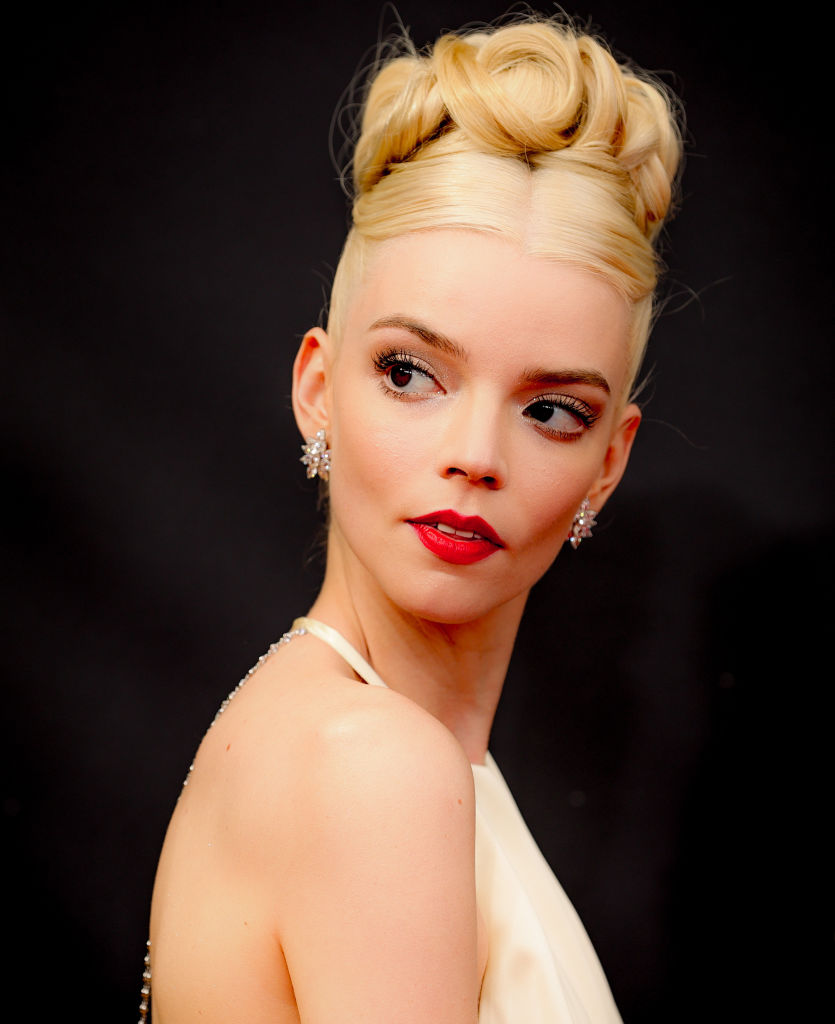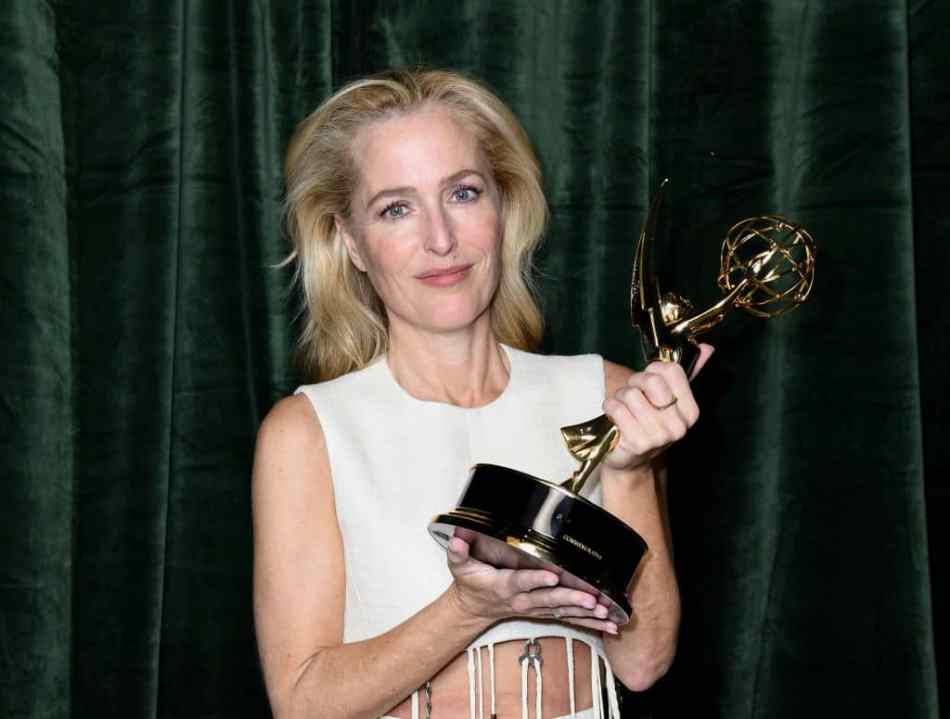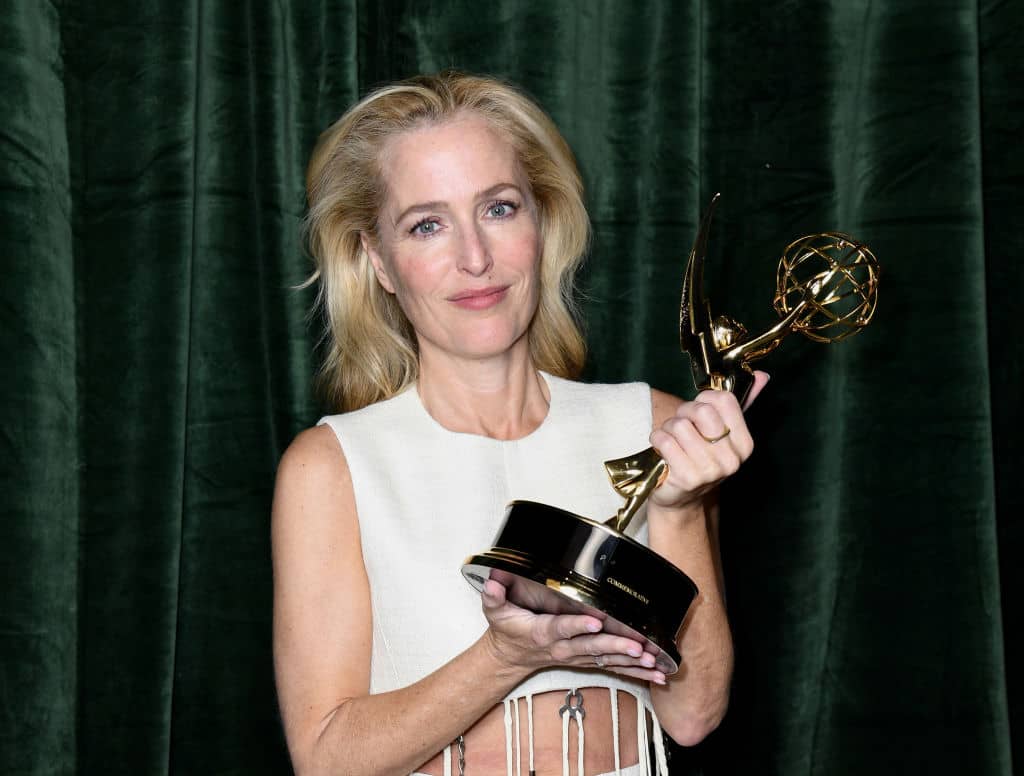Most Brits will be aware of the Emmys, if at all, as the event that this year generated lots of social media outrage because apparently all the celebrities should have worn masks but didn’t. But few will have any idea who won or who was even nominated: unlike the Golden Globes or the Oscars, they too often seem to feature shows we’ve never heard of on American TV networks with lots of acronyms.
You’ll definitely know this year’s big winner, though: The Crown which triumphed in every drama category, including a best supporting actress for Gillian Anderson for her rather good Margaret Thatcher, a Best Actress in a Drama Series for one Queen (Olivia Colman), and a strange, retrospective nod to a younger version of the Queen, Claire Foy (who won Best Guest Actress in a drama series – even though the last time she was in The Crown was 2019).
Like so many of these awards, the Emmys has a habit of belatedly picking up on something it should have noticed years ago – and then overcompensating by showering it with gongs in every conceivable category.
Last year Schitt’s Creek – the Canadian comedy series everyone thinks is American because it is (or was) funny – scooped loads of prizes, despite having long since abandoned the wit and sass of its first seasons for its current ‘aren’t gay relationships so cosy and adorable?’ saccharine self-congratulation.

At the 71st awards two years ago, Game of Thrones won the Emmy for best drama, beating the infinitely more subtle, witty and sophisticated Succession and Better Call Saul. This would have been more forgivable if not for the fact that it won for its woeful final series, the one that had every GoT fan begging for it to be remade. Viewers gave the final three episodes an average of 5.1 out of 10 on IMDb, while its competing nominees’ respective ratings were 8.7 and 9.2. It wasn’t even pandering to the masses, but prostration to Game of Thrones’ success as a cultural phenomenon.
Perhaps this explains the surprising failure of Bridgerton to clean up. It should have done because it ticks all the boxes: historical accuracy subverted, Hamilton-style in the interests of diversity; super successful black female executive producer Shonda Rhimes; multi-ethnic cast; etc. Also, in fairness, it has proved one of the most successful Netflix shows this year. But I suspect it lost out because it’s too recent. Series 2, I’m sure, will win bigtime next year to make up for the fact that it was ignored this year.
Mostly, though, you hardly needed to be Nostradamus to pick this year’s winners. Kate Winslet was rewarded for going dowdy, overweight and working class for her portrayal of a cop in the achingly dull Mare of Easttown. (Anya Taylor-Joy should have got it for The Queen’s Gambit, but is just too pretty, slim and traditionally feminine).
But, again obviously, The Queen’s Gambit did get feted in lots of other categories because of its inspirational, ‘You go, girl!’ theme about a female chess player who takes on the world’s stolid, sexist male chess players and triumphs over the lot of them. And also, to be fair, because it was really, really good – especially Scott Frank’s superb, imaginative and involving direction.
Almost inevitably, though, the woke brigade still managed to be offended that not every winner was a person of colour – spawning the hashtag #EmmysSoWhite. Personally, I’m grateful for this pressure group because it meant that the funniest comic in the world was rewarded for his genius in the Guest actor in a comedy series category. Yep, Dave Chappelle undoubtedly deserved his win, and ticks the right Emmys diversity box. But are any of the Emmys jury actually familiar with his work? I doubt it because Chappelle, relentlessly and heroically unPC, is about as unEmmys a comic as there could possibly be.







Comments